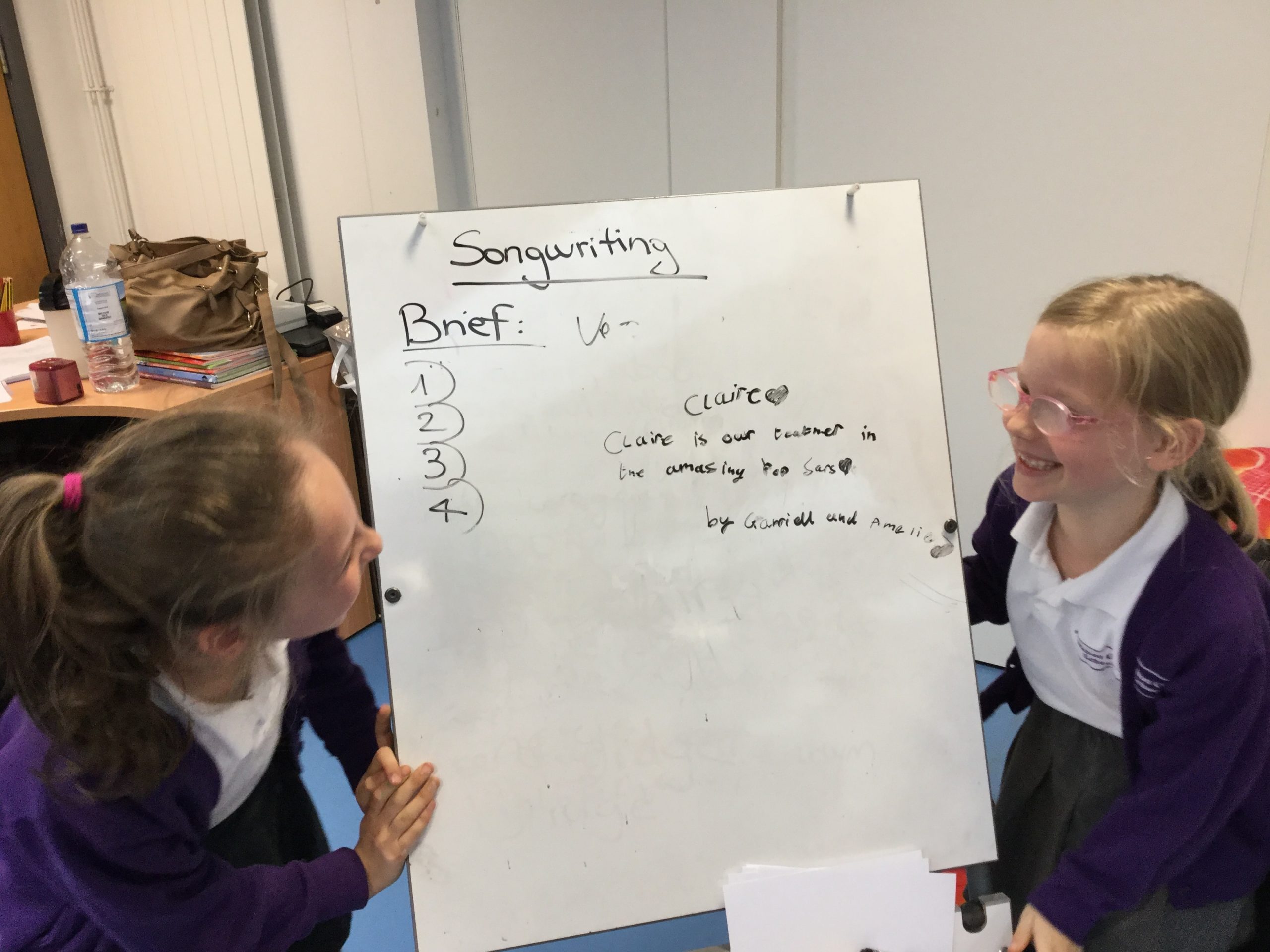‘Measuring’ how good a singer is can have devastating effects…a spotlight on children’s singing exams:
When asked If I can coach for children’s singing exams, I usually try to discourage this as it can have disastrous effects on the voice. Tracking progress is certainly motivating, but you need to understand the cost of that and what you may be missing out on in return for an endorsement from ABRSM, Trinity or RSLA.
Upside of children’s singing exams
Securing those extra UCAS points is very tempting and it’s nice to have something tangible to say you have done. Passing a singing grade is certainly nothing to be sniffed at, but it is worth asking yourself why you want to take the exams. If the intention is to continue onto a music degree, the sight reading and theory will certainly come in handy, but the singing, unfortunately, may get left behind. The problem when coaching for children’s singing exams is that you barely get time to cover anything except for how to pass the singing exam.
Blinded by the results
I will always remember the (lovely) girl at uni who was a ‘Grade 8 singer’. Tragically she was probably one of the worst vocalists on the course. Her sight singing and theory were pretty good, but she really had no edge on the other girls. My lectures, assessments and exams taught me almost nothing about singing or voice science, there was simply no time. I was very lucky to have regular private sessions with world renowned vocal coaches. During these sessions I learnt extraordinary things from them which have served me throughout my career. These lessons ‘fixed’ my voice because we had time to set goals which were relevant to me.
The science bit
Everyone’s voices differ so creating a standard exam for all simply doesn’t allow learning what you need to learn. Maybe you are craving a bigger vocal range or more power. Perhaps mixing through your first and second bridges is what you desire. You could want to control your onset (breathy / glottal) or maybe this stuff is going over your head!? (I will be sharing a blog about voice science later in the year, please register here to be sent a copy) Whatever your goal is, it could be slapped to one side if you are taking singing grades.
Why children’s singing exams don’t work
The exams have been designed to cover all the technical tricks that would be expected of a certain level. However, the song choices are so broad you can get up to grade 8 having never confronted your voices weaknesses. Choosing songs that focus on your strengths get your though the exams, but will NOT make you a better singer. As adults we all know that things only become effortless with hard work. Allowing our children to keep feeding their strengths and ignore their weaknesses is not a good idea.
A truly balanced voice can tackle most songs and a thorough voice coach teaches how to manipulate for all occasions. Once you have mastered your voice you are free to sing anything you want 🙂
Conclusion
I guess what i’m trying to say is; don’t let an exam board dictate your path. Decide what you are trying to achieve with your voice. Then if you choose the exam route make sure you discuss your songs choices and which are best for you.
Don’t take the easy path, take the best path.
I hope this has given you some food for thought if you are considering children’s singing exams. To find out more about the private tuition I offer please see my classes page. I am also pleased to answer any questions, or hear any comments of your opinions and experiences on this subject.
Thanks for listening,

Pingback:My top 7 free places to take kids in the summer holidays – Pop Star Performers